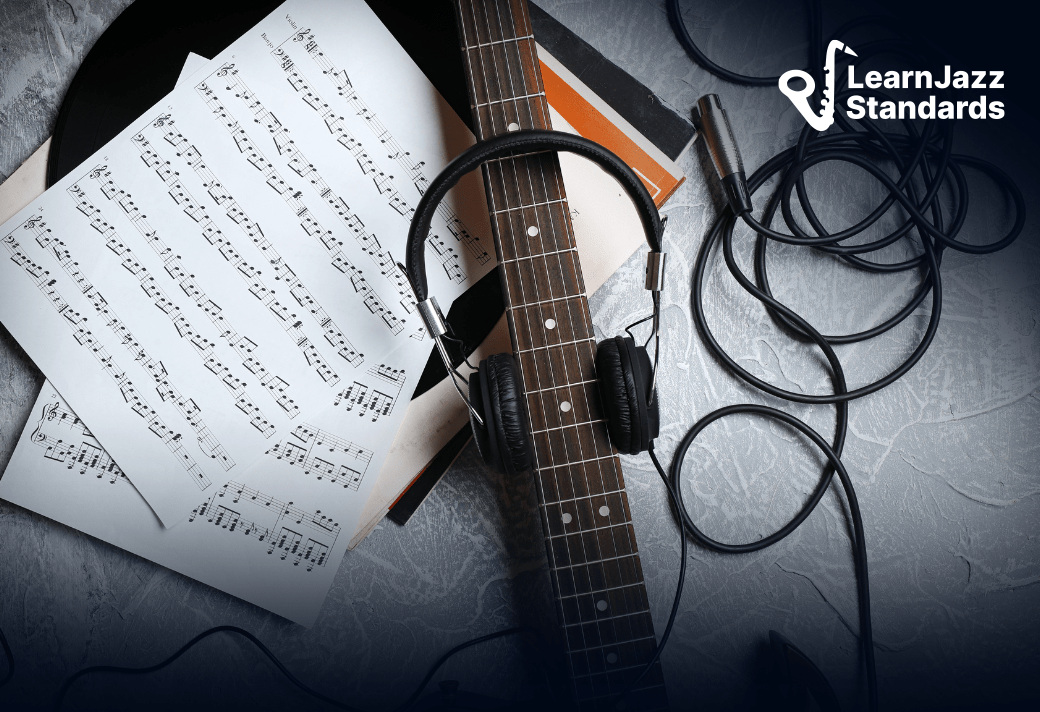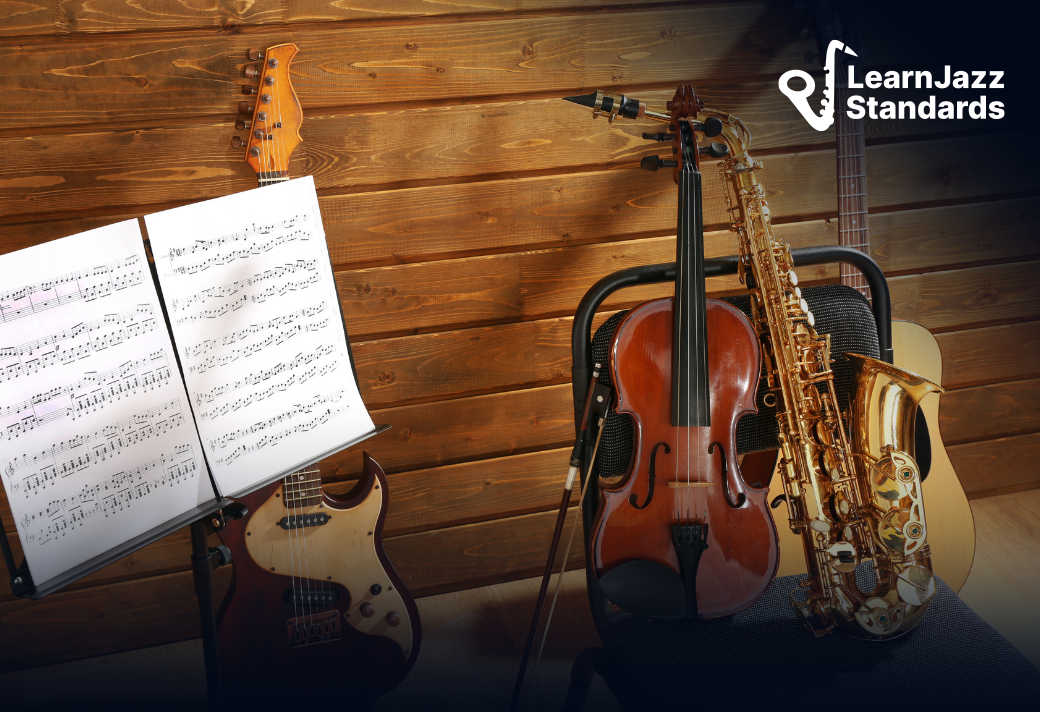Since the very first day I started getting serious about jazz, I’ve pondered over and over again what it is exactly that made the jazz greats so great. Whenever I go to shows of my favorite jazz musicians, I wonder why it was so good. Why do I leave the venue so awestruck?
It’s easy to pin down things I like about most of the big jazz musicians. They usually have an original voice, mastery of their instrument, sometimes melodic, sometimes amazing chops…etc. Without a doubt, all of them have spent considerable time practicing and studying jazz improvisation.
But I’ve seen a lot of talented jazz musicians. I live in New York City where there are hordes of them. Musicians flock here from all over the world to make their mark on the New York jazz scene.
Jazz students fill the clubs with instruments in hand for the after-hours jam sessions. Even if you walk through a park or head down into a subway station, you’re likely to hear some talented musicians here. As egotistical and bored as it sounds, shear talent just doesn’t impress me anymore.
That’s because raw talent isn’t really the secret sauce of an exceptional jazz musician. Years and years of time and pressure has attributed to their mastery, and that’s certainly a big part of it. But even still, there is something more.
I was sitting down with master jazz guitarist Peter Bernstein this week to record an episode of the LJS Podcast. Peter is one of my musical heroes, and someone who to me is the epitome of the kind of jazz musician I’m talking about.
In our discussion, he spent some time talking about how jazz is a social music. He talked about taking a combo class of sorts with Jim Hall when he was in college. Whenever Jim would comp for one of them, he would make everyone sound so good! Why was that?
When jazz musicians play together it’s like a social experiment. We interact and we make decisions as a collective. It’s like a group of friends getting together. Depending on the group and the individual personalities that are present, the hang can either work out really well, or it can crash and burn. In some words, Peter put it this way: it’s a bunch of strong personalities coming together to make a cohesive sound. When jazz is at it’s best, it’s like a perfect society of people coming to work together, regardless of background or status. It only works when the ego is left at the door.
That’s when it hit me.
Whenever I leave a show dumbfounded and covered in goosebumps, it’s not because one individual blew me away. Sure, that was part of the cocktail, but that alone wouldn’t make the drink!
I think if I were to boil it down to one solid rule, it would be this:
Serve the music,
not yourself.
You see, if everyone is “serving” the music, then everyone has left their ego at the door. Instead of stepping onto the bandstand to show everyone how bad ass he or she is, each musician is trying relentlessly to make the other musicians sound as good as possible. If everyone in the band is doing just that, my friends, that’s when magic starts to happen! Sparks begin to fly. The music will begin to transport the listening souls into a sort of dream world.
Jazz is a social music. The best jazz musicians know this, and therefore they view themselves as just a small part of the big picture. The jazz greats are so great because they are experts at making everyone around them sound good. The mark of a truly amazing jazz musician is the ability to make the weakest player in the room sound good.
For me, the mystery is solved. Practicing, playing, and time are all part of achieving mastery, but “serve the music, not yourself” is the secret sauce. The next time I step onto the bandstand, I’m going to forget about trying to play the best solo, or how good I sound. I’m going to focus on making the other musicians around me sound extraordinary.











